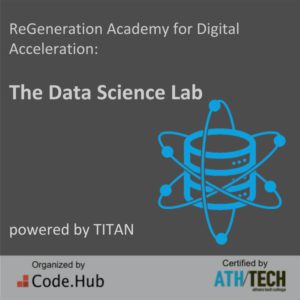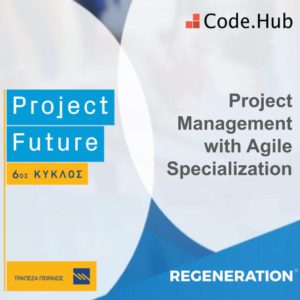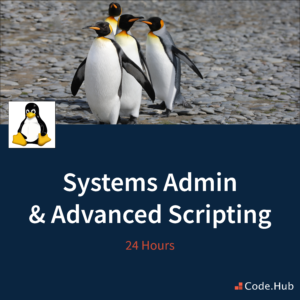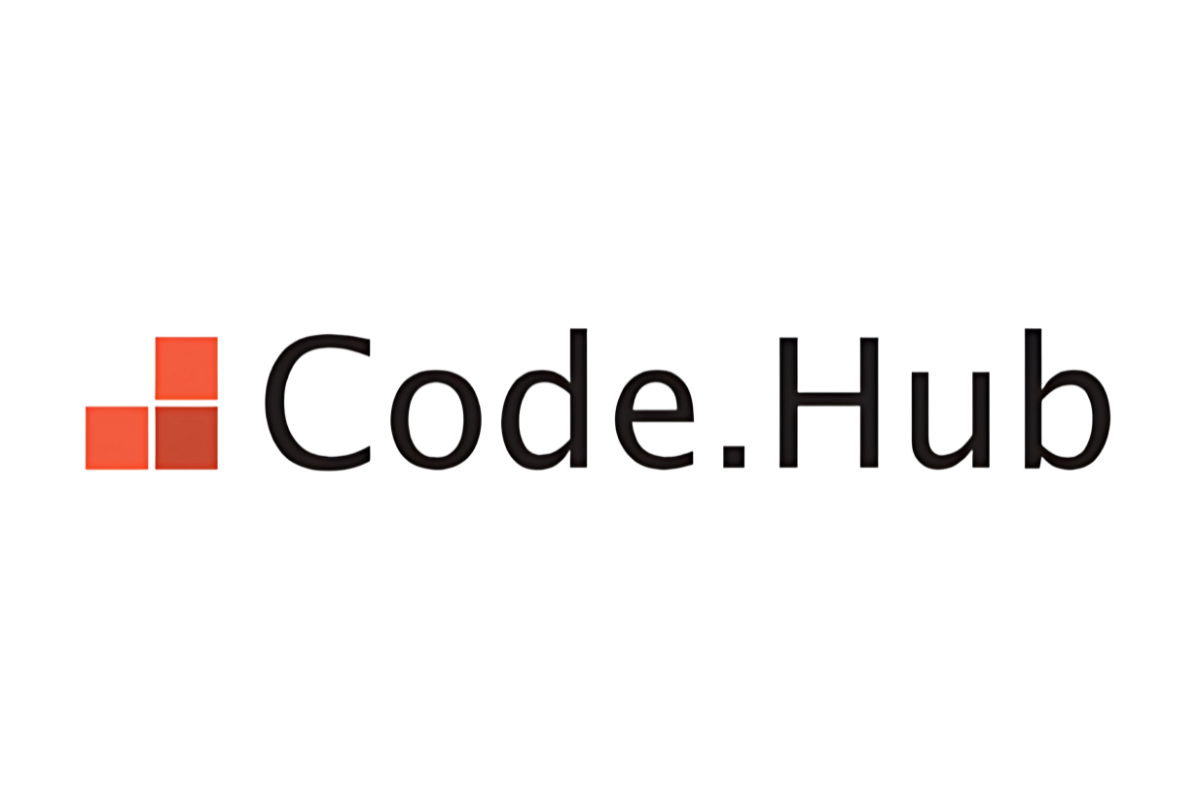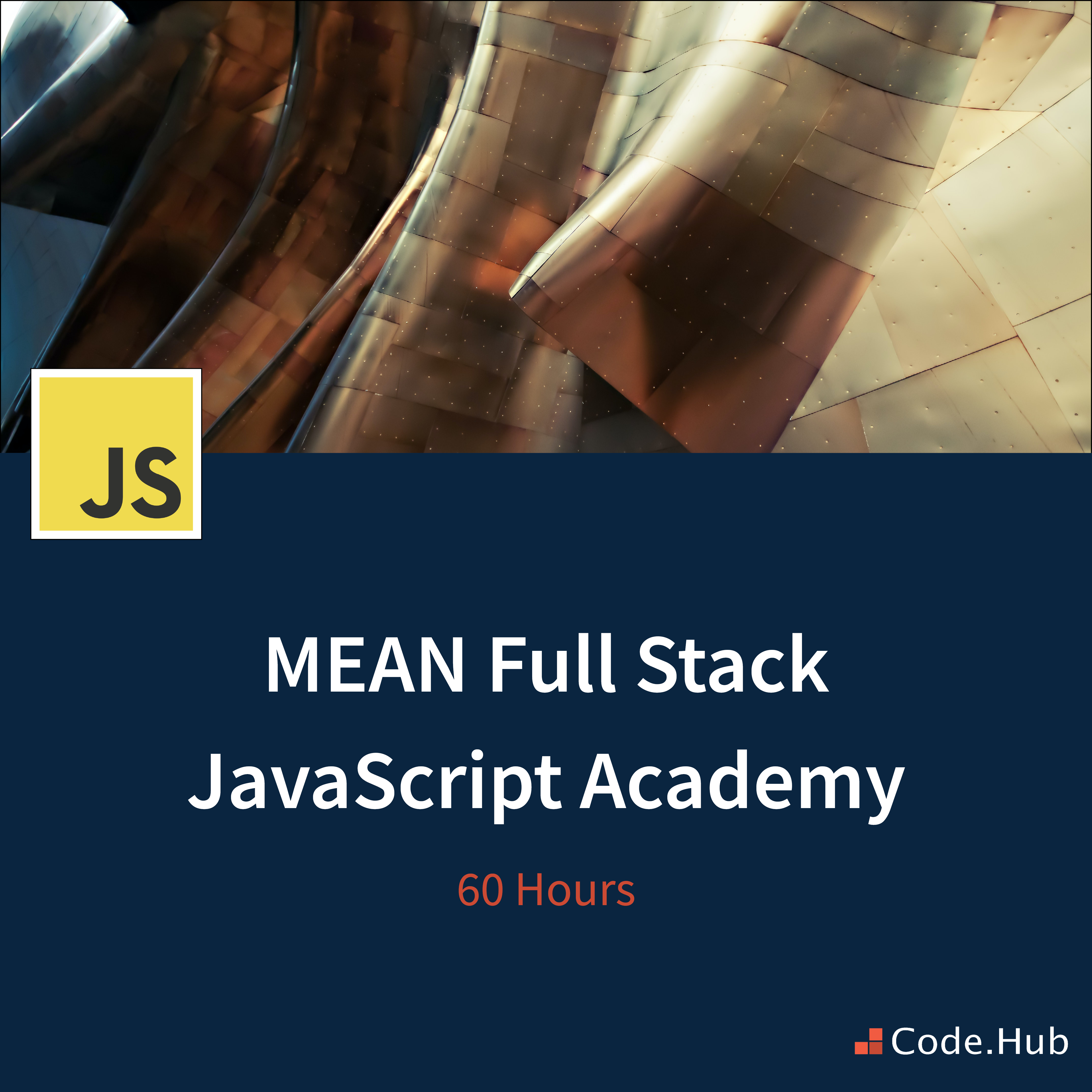
MEAN Full Stack JavaScript Academy
Description
JavaScript is the most widely used language worldwide. Even though it was introduced as a programming language for front-end development, i.e. scripting interactive effects inside web browsers, it is one of the most versatile and effective languages that can be used for full stack development today. It is a programming language for creating complex applications, spanning front-end experience, incorporating complex application logic and access databases. Indicatively, JavaScript has already overtaken Java in terms of StackOverFlow community size and it will likely keep growing. The Full Stack term refers to a collection of JavaScript based tools and technologies used to develop modern web applications. It stands for MongoDB, Express, Angular and Node.js and enables the use of JavaScript on both, the front- and back-end. The four main building blocks are:
- MongoDB: a schema-less (document-oriented) NoSQL database
- Express: a server-side JavaScript framework running on top of Node.js
- Angular: a browser-independent JavaScript UI framework
- Node.js: a server-side JavaScript run-time environment
This Code.Learn Full Stack JavaScript Academy program, designed in exclusive collaboration with Athens Tech College, provides an in-depth introduction to all aforementioned technologies, emphasizing how they are interfacing with each other in order for robust native full-stack Javascript applications to be developed. By the end of the academy, the participant will have acquired the knowledge and confidence to advance their career as a MEAN full-stack Javascript developer.
Key Objectives
The key learning objectives of this program can be summarized as follows:
-
- Node.js
- Introduction to Node.js
- Running a Node.js application
- Web servers, Routes and serving files
- Aynchronous programming
- Call stack and event loop
- The Node API in async programming
- Express
- Basics of Express
- Connect /ExpressJS Middleware
- Serving Static Pages
- Accepting JSON Requests
- Accepting HTML Form Inputs
- Express Response Object
- Simplifying Send
- Express Request Object
- Understanding REST
- Express Application Routes
- Creating a Route Object
- Parameter-Based Routing
- Express Router Object
- Introduction to Views with templates, template engine
- MongoDB
- Setting up MongoDB
- Running commands in the MongoDB shell
- Connecting MongoDB to your application
- Setting up Mongoose with a Node.js application
- Creating a schema
- Organizing the model
- Creating a controller for subscribers
- Saving posted data to a model
- Using promises with Mongoose
- Adding validations on the model
- Creating model associations
- Populating data from associated models
- Adding CRUD methods
- Angular
- Angular Framework Concepts
- Components and their Templates
- Modules, Directives and Pipes
- Data Binding, Evens and Services
- RxJS – Reactive programming using Observables
- RESTful APIs and HTTP services
- Routing, Guards and Resolvers
- Security and Interceptors
- Forms & Validators
- Building & Deploying Environments
- Node.js
Target Audience
Higher education graduates in one of the following fields:
-
-
- Computer Science
- Ιnformatics
- Software Engineering
- Web and Mobile Development
- Computer Engineering
- or any other relevant area
-
Prerequisite Knowledge
Some familiarity with HTML, CSS and Javascript will be beneficial, but is not required.
Classroom
Sessions can be carried out:
-
-
- Live in a physical classroom
- Live online through video conferencing environments
- Using a Hybrid combination of both live physical and online approaches
-
The teaching method will depend on the conditions at the time the training will run and on the participants’
preferences.
- PREMISES: Code.Hub Training Center Leof. Alexandras 205, Athina 115 23

